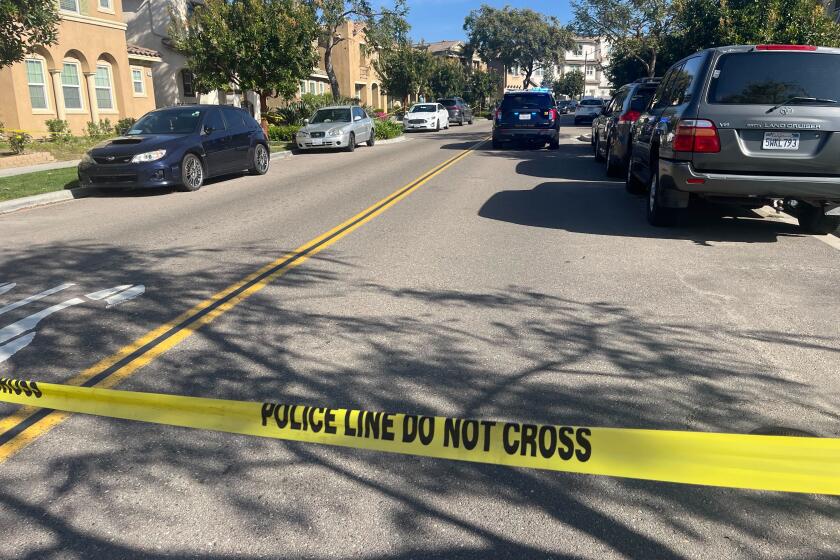Governor should approve aid-in-dying bill
Not many bills sent to Gov. Jerry Brown by the Legislature late last week pose the deep philosophical dilemma that surrounds the End of Life Option Act, known more coldly as the right-to-die bill. The bill presents difficult questions for anyone and Brown, a one-time Jesuit seminarian who considers the moral implications of legislation perhaps more closely than anyone in the Capitol, is no exception. The U-T editorial board urges Brown to let it become law.
The bill was approved by the Senate on Friday, having been approved two days earlier by the Assembly – a reversal by the Assembly, which rejected the bill earlier this year. After he officially receives the bill this week, Brown will have 12 days to sign or veto it or let it become law without his signature.
The bill was opposed by many thoughtful, credible experts – people such as Dr. James S. Grisolia, a San Diego neurologist and the California director for the American Academy of Medical Ethics. He wrote a commentary for the Union-Tribune in June in which he argued that the bill is “dangerous and unnecessary.” He said it could be easily abused by unscrupulous physicians or others, that oversight provided by the bill is inadequate and that quality hospice care already available offers an alternative to taking one’s own life.
Those are not inconsequential objections. But we are persuaded by four counterarguments: the history of other states that have similar laws, particularly Oregon, which enacted a physician-aid-in-dying bill in 1997 and which has not experienced a single documented case of abuse; that the California bill, which is modeled on the Oregon law, does in fact contain adequate protections against doctor abuse or family coercion; the testimony of the California Medical Association, which dropped its historic opposition to such proposals, saying that even the best palliative care “isn’t always enough”; and, finally, by the libertarian argument that such a decision ought to be a legal personal choice.
Amendments added to the bill in the final days of the Legislature’s special session strengthened its protections. Most significantly, the approved bill includes a 10-year sunset clause, meaning it will automatically expire on Jan. 1, 2026, unless specifically reauthorized by a future Legislature and governor. That will provide a fair test of the law and a strong incentive to quickly fix any flaws that emerge.
There are many other safeguards.
It requires two physicians to confirm that a patient has a terminal disease and a prognosis of death within six months. It requires a patient to be of sound mental capacity and to make two oral requests for the deadly drugs and a written request. There are provisions for waiting periods, witnesses, psychological counseling and documentation of medical records. And, in the end, the patient would have to administer the drugs himself or herself.
It won’t be an easy decision for Brown. But he should approve the End of Life Option Act.
Get Essential San Diego, weekday mornings
Get top headlines from the Union-Tribune in your inbox weekday mornings, including top news, local, sports, business, entertainment and opinion.
You may occasionally receive promotional content from the San Diego Union-Tribune.





